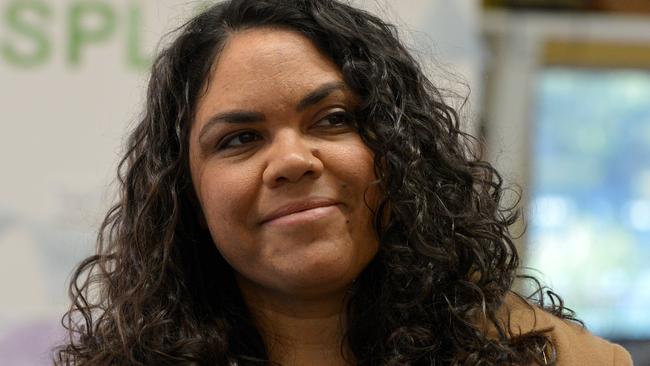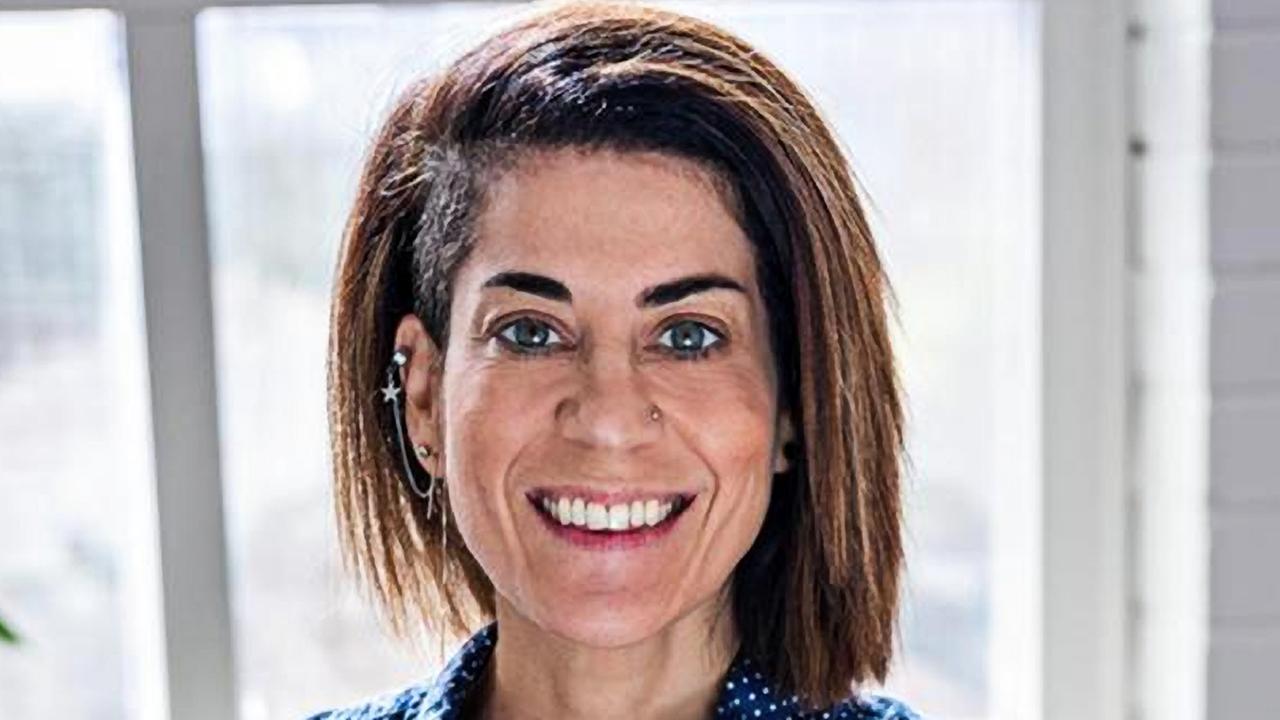Cultural law ‘drives domestic violence’
Aboriginal customary law is a significant driver of intimate partner violence in indigenous communities, says Jacinta Nampijinpa Price.

Aboriginal customary law is a significant driver of intimate- partner violence in indigenous communities, says Alice Springs councillor Jacinta Nampijinpa Price.
Ms Price, the Centre for Independent Studies’ indigenous program director, says taxpayer-funded organisations that aim to tackle abuse perpetuate the narrative that Aboriginal perpetrators of violence were themselves victims of colonisation and could not take full responsibility for their actions.
Writing in The Australian on Wednesday, she says such conclusions are not reflective of the experience of Aboriginal women who have lived their lives on traditional cultural terms.
“Ignoring cultural drivers does not allow for robust examination and debate to take place that may carve out better ways of addressing such a debilitating issue,” she writes.
Her comments come after The Australian revealed that 23 per cent of people killed by their current or former intimate partners over the 10 years to 2015-16 were indigenous, according to Australian Institute of Criminology figures.
Another 22 per cent of victims were overseas-born.
Social Services Minister Anne Ruston will on Wednesday announce almost $2.5m in funding over three years for three projects aimed at preventing violence and encouraging men to be positive role models in their communities.
The money will be provided to the NPY Women’s Council Aboriginal Corporation, in the NPY Lands in the cross-border region of the Northern Territory, South Australia and Western Australia; the United Muslim Women’s Association; and Outloud, a community organisation in Sydney’s southwestern suburb of Bankstown.
In her opinion piece, Ms Price quotes from a book on “Ngarra law” written by Yolngu elders that says when a girl reaches “sexual maturity”, which might be at 13 to 16 years of age, she may be taken by her promised husband, who might be 40 to 50, to be his wife.
If she broke the marriage law, she must be speared through the leg.
Ms Price said in the era of MeToo, no organisations that aimed to tackle abuse in Aboriginal communities had “taken umbrage” with the Ngarra law book.
“Surely a girl 13 to 16 cannot be considered able to become a wife to a man aged 40 or 50,” she writes. “Do such organisations believe in upholding the human rights of children, given it is stated 13- to 16-year-old Aboriginal girls are considered sexually mature?”
Ms Price says as a girl she saw other girls her age reach adolescence and be married off to much older men while still too young to be married under Australian law.
She also witnessed women being beaten by husbands but cultural acceptance was so strong no one except her immediate family supported the victim or reported the abuse.
The funding to be announced by Senator Ruston is in addition to $35m set aside for indigenous people under the government’s $340m action plan to reduce violence on women and children.



To join the conversation, please log in. Don't have an account? Register
Join the conversation, you are commenting as Logout